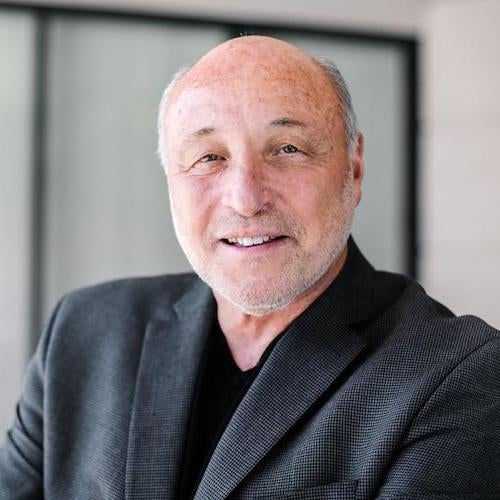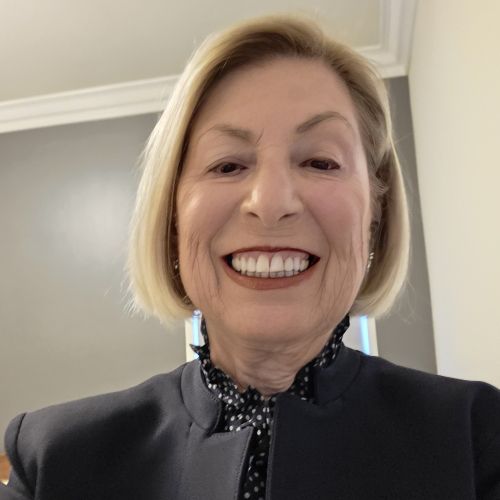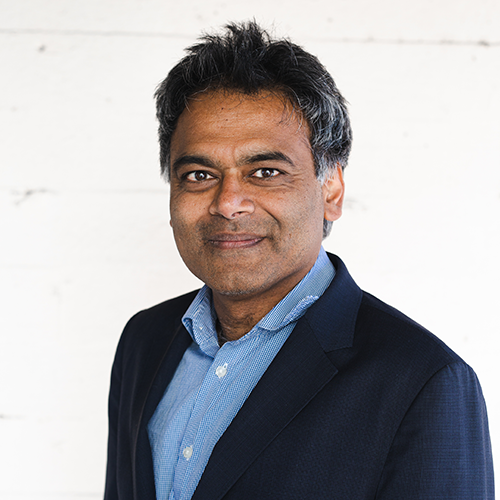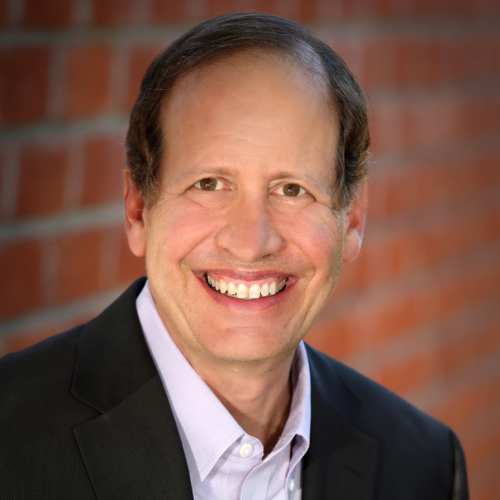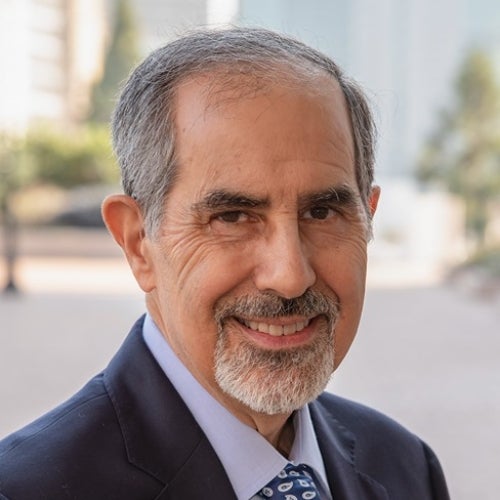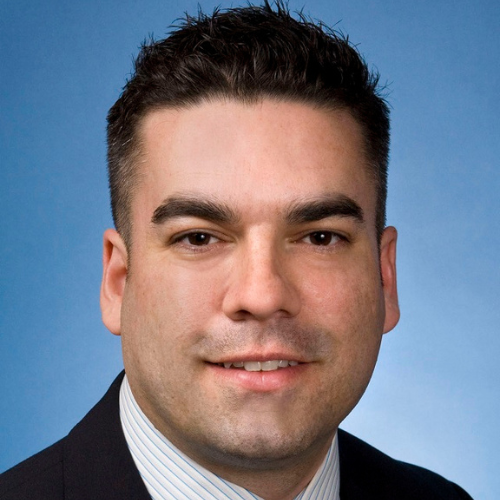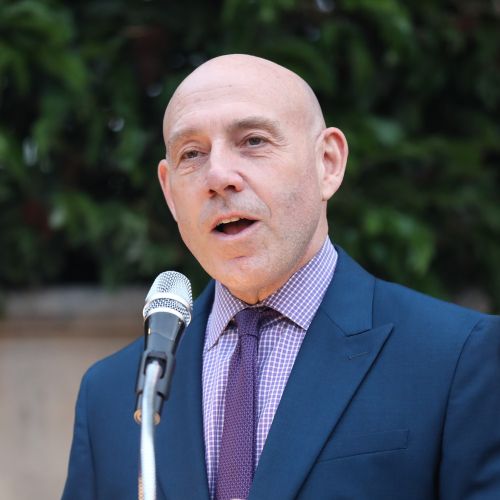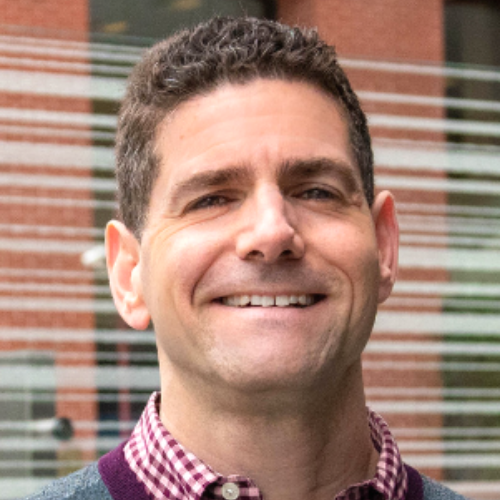Q&A: The Future of the U.S. Health Care System
With a presidential election looming and the nation's framework for health care at a crossroads, Fielding School professor Gerald Kominski assesses the possibilities.

We spend more than any other country on health care ... and yet, we are far from being the healthiest country.
ENACTMENT IN 2010 of the Patient Protection and Affordable Care Act, otherwise known as the Affordable Care Act (ACA) or Obamacare, represented a significant milestone in the effort to expand health coverage. But against the backdrop of political and legal challenges, the future contours of the U.S. health care system are far from settled. Gerald Kominski, a leading expert on health care policy, economics, and reform, has spent much of the last decade studying the expected and actual impacts of the ACA. Kominski, a professor in the Fielding School’s Department of Health Policy and Management and senior fellow at FSPH's UCLA Center for Health Policy Research, spoke with FSPH’s Public Health Magazine about the state of the U.S. health care system and the future directions currently under discussion.
Q: From a public health perspective, what should be the goals of a national health system?
A: The ideal health system provides high-quality care in a timely manner, in an equitable fashion, and in a way that is cost-effective — not necessarily at the lowest cost, but the lowest cost given all of the other objectives that we’re trying to achieve. We have to ensure that cutting costs doesn’t result in poorer quality or poorer access.
Q: In what ways has the U.S. failed to meet these objectives?
A: No country is ideal in all of those dimensions, but in the U.S., we certainly fall short on the issue of equity of access to health care. Despite the achievements of the Affordable Care Act, nearly 30 million Americans remain without health insurance. And we know from numerous studies over the last several decades that having access to insurance improves access to health care, and ultimately improves health. Our nation also does poorly on the issue of cost. We spend more than any other country on health care, both per capita and as a percentage of GDP — and yet, we are far from being the healthiest country. We have access issues, and although we have some of the highest quality of care in the world, it’s not equitably distributed.
Additionally, our system is fragmented both in how we provide coverage and how people get health care. The employment based insurance system serves the majority of Americans and their families, and for the most part it serves them relatively well, although there are issues in that system. We have two large public insurance programs, Medicare and Medicaid. And we now have the ACA for people who fall through the cracks — those who don’t qualify for these public programs and can’t get insurance through their job. But the way those systems pay for health care varies, and our health system performs differently depending on the insurance card you have in your wallet.
Q: What has been the impact of the Affordable Care Act?
A: The Affordable Care Act [ACA] is the second most important piece of health legislation that’s been enacted in the last 60 years, after the Medicare and Medicaid programs in 1965. It’s been very successful in providing a safety net, filling in the gaps in our current system. Millions of Americans who were employed but didn’t have health insurance through their place of employment can now obtain health insurance through the ACA. Millions more have benefited from the expansion everyone under 139% of the federal poverty level, which works out to approximately $16,750 for an individual, or about $34,640 for a family of four. In that regard, the ACA has been a major success in providing health insurance coverage to approximately 15 million Americans who didn’t have it, and has made health insurance more affordable for some who previously had it, because of the subsidies or the expansion of Medicaid.
The major shortcomings are that the Medicaid expansion became voluntary rather than mandatory for states because of the initial U.S. Supreme Court challenge to the law, and as a result, today 14 states have not expanded their Medicaid programs, despite the availability of significant federal funding to subsidize those expansions. But even if those 14 states tomorrow agreed to expand their Medicaid programs, approximately 25 million Americans would remain uninsured because they don’t qualify for benefits under the ACA or the other programs that provide coverage. So the Affordable Care Act was a major step in the right direction, but it was never intended to provide universal coverage, and that is where we stand today.

Q: What could make the ACA more effective?
A: There are several avenues for strengthening the ACA. States like California run their own marketplaces — in our case, Covered California functions well as an active purchaser, providing health insurance for approximately 1.2 million Californians. Operationally, that means we have an infrastructure and a mechanism for building upon it. The ACA has been effective because of the federal tax dollars flowing to the states to either expand their Medicaid programs or provide subsidies for people above Medicaid eligibility to buy insurance in the exchanges. Those subsidies could be made more generous, and could be made available without any limit on income. Currently the limit is four times the federal poverty level; you could lift that cap and say we’re going to make subsidies available to any family that qualifies, regardless of income.
But the most important step to take in terms of building on the ACA would be to identify some default mechanism that would enroll everyone unless they opted out. This is the only way we’re going to get to universal coverage in the United States — ensuring that if you don’t have any other form of insurance, you are automatically enrolled unless you choose not to.
Q: Why is that so important?
A: Millions of Americans who qualify for benefits under the ACA have not enrolled. It’s easy for people to sit on the sidelines and say, “I’ve been healthy for a while; maybe I can go without health insurance right now, save on premiums and take my chances.” The problem is that if those individuals do get sick, they can’t immediately buy a policy, and if they’re hospitalized, they can’t afford the cost and that gets spread across everyone with insurance.
Q: What would be the impact of Medicare for All and other alternative proposals currently being advanced?A: There are a couple of variations on that theme. The Medicare for All approach proposed by Senator Bernie Sanders places everyone in a new Medicare program — not the existing Medicare program — that is more comprehensive than any insurance that’s currently offered. Everything is covered without any copayments or deductibles, and it’s publicly financed. “Medicare for All Who Want It” is the idea of a Medicare buy-in. Other proposals would create a separate new public insurance option that would be available, for example, through the insurance exchanges under the Affordable Care Act, and would compete with the private insurance currently available through the state exchanges. All of these options would go a long way toward getting us to universal coverage. Again, unless there is a default requirement or a default assignment in the bill, we won’t get to true universal coverage, but these proposals go much further than where we are today in terms of covering the entire U.S. population.
The main advantage [of a single-payer system] is that...you remove the incentive to select patients based on the profitability of the insurance that they have.
Q: Critics of Medicare for All have argued that it is too expensive. Can such a system be affordable?
A: Based on figures that are available from the U.S. Department of Health and Human Services, we are expected to spend $45 to $47 trillion over the next decade on health care in this country. So the real question is, how does total health care spending under a comprehensive system like Medicare for All compare with what we’re going to spend anyway? Several studies have looked at this, and have concluded that overall spending would be lower. But that does come at a political cost. For one, this becomes the sole source of insurance, and for people with employment-based insurance who are accustomed to having a choice of insurers, that might feel like something is being taken away. The other significant political barrier is that the system would be totally publicly financed and managed. Depending on your political beliefs, that either is not a problem, or is a serious problem.
Q: What direction do you expect the U.S. health care system to take if opponents of the ACA and Medicare for All prevail?
A: We have been hearing “repeal and replace” since as early as a month after enactment of the ACA. There were two bills that Republicans introduced and could not get passed during 2017. If we use those as an indication of where the party might go in the future, there appears to be some recognition that providing protections for people with preexisting conditions is an important issue across the political spectrum, as well as acknowledgement that subsidies are necessary to help people afford insurance in the private market. Some Republicans have stated that the subsidies can be much smaller, and that they should not be tied to income. A flat subsidy — a tax credit — would be available to anybody, as opposed to treating people differently based on their economic need.
Q: Many in public health have advocated for a system such as Medicare for All in which all health care is financed by the same source — a single-payer system. What are the merits of such a system?
A: The main advantage is that because everyone is in the same system — providers as well as the population — you remove the incentive to select patients based on the profitability of the insurance that they have. It gives government the authority not only to set prices, but to control the rate of growth in health care spending in a much more direct way than it does today. Medicare has been doing this for decades, successfully, and that is what most other countries do to keep their health care spending from growing as rapidly as ours has.
Faculty Referenced by this Article

Dr. Michelle S. Keller is a health services researcher whose research focuses on the use and prescribing of high-risk medications.
Nationally recognized health services researcher and sociomedical scientist with 25+ years' experience in effectiveness and implementation research.

Professor of Community Health Sciences & Health Policy and Management, and Associate Dean for Research

Dr. Ron Andersen is the Wasserman Professor Emeritus in the UCLA Departments of Health Policy and Management.

EMPH Academic Program Director with expertise in healthcare marketing, finance, and reproductive health policy, teaching in the EMPH, MPH, MHA program






